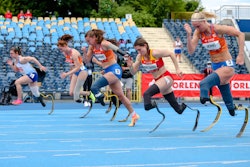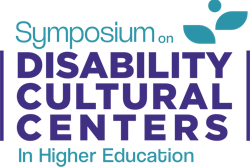WASHINGTON — A federal program that provides phone service to the poor could boost access to higher education if the program is upgraded to include broadband service, panelists said Wednesday.
“We’re talking about access to the same opportunities,” said Phillip Berenbroick, counsel for government affairs at Public Knowledge, an organization that advocates for an open Internet and access to affordable communications tools.
“If you’re a high school student and you can get broadband because you have a Lifeline subsidy, you’re talking about being able to learn more about the opportunities available to you,” Berenbroick said.
Berenbroick made his remarks at the New America Foundation here during a panel discussion titled “Bringing All Americans Online : How Updates to the FCC’s Lifeline Program Can Improve Opportunities for Underserved Communities.”
The Lifeline program is a Reagan-era program that provides phone service to low-income individuals, though as of late the program has been both dubbed and maligned as one that provides “Obamaphones.”
The FCC is expected to vote on March 31 on a plan to modernize the Lifeline program by allowing its users to apply their $9.25 per month support to stand-alone broadband service as well as bundled voice and data service packages.
Among other things, the plan calls for phasing in broadband service starting at 500 MB per month of 3G data, increasing to 2 GB per month by the end of 2018, according to an FCC draft proposal.




















